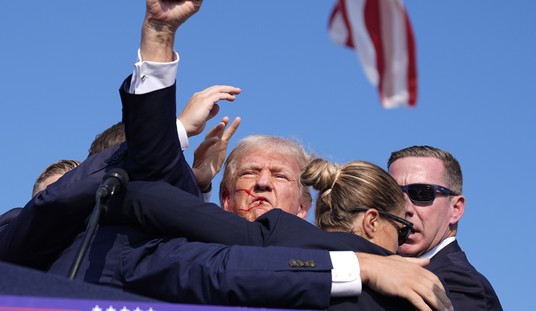When you cheer for your favorite sports team, what are you actually cheering for? As a lifelong Dallas Cowboys fan, I sometimes wonder. I intensely dislike the owner, Arkansan snake oil salesman Jerry Jones, and with the exception of a few star players, free agency creates a lot of roster turnover year after year. Today’s favorite is starting for your hated rival next season. TO goes from 49er to Cowboy, right up to the point he starts self-destructing and threatens to take the whole team down with him. Then he’s off to Siberia. When Romo does stick around but puts his vacations with his girlfriend ahead of huge playoff games, it gets harder and harder to take the team or pro sports generally, seriously. But I’m a guy, I love sports, and after a big move involving a major franchise across the Atlantic, we may be seeing the rise of the multinational sports conglomerate. That may change all professional sports more than free agency has changed the NFL.
Case in point: American sports conglomerate owner Stan Kroenke muscled out a Russian tycoon to take controlling ownership of the Premiere League’s Arsenal Gunners on Monday.
Arsenal is a club with a long history and rich tradition. It dates back to the 1880s, when a group of workers at a London ordnance factory formed a football club. They called it Arsenal, called themselves the Gunners, and a few decades later the club had developed into one of the most celebrated and decorated sports franchises in the world. Trust me, outside the US they’re a big deal. The Gunners have been at top of English soccer since the post-war years, have won 13 championships and and earned the nickname “Invincibles” a few years back for going undefeated, but have struggled to finish first since then. And there has long been a strain of good old fashioned English pride, the sort we don’t hear about often enough actually, about the Premiere League, and about keeping the top clubs like Arsenal, English. But with Arsenal going over to American ownership, that is now over.
Arsenal is the last of the five major clubs in the English Barclay’s Premiere League to flip to foreign ownership: Current leaders Manchester United is owned by Malcolm Glazer, an American. Third place Chelsea (last year’s PL champions) is Russian owned, and the current fourth place team, Manchester City, is owned by a sheik in Abu Dhabi. The other major brand in the league, Liverpool, is like ManU and now Arsenal, controlled by American ownership.
As a long-time fan of the Gunners, I have to confess some ambivalence about the new ownership. Not because the club’s leadership has long insisted that it should “remain English.” That shot cleared the bar a long time ago. Arsenal’s manager for the past fifteen or so years, Arsene Wenger, is a Frenchman. The Gunners’ captain, midfielder Cesc Fabregas, is a Spaniard. The team’s most potent striker, Robin Van Persie, is Dutch (Fabregas and Van Persie appeared opposite each other in the 2010 World Cup final). A Moroccan, a Russian and a Swede round out their front attack. Their most gifted ball controller, Samir Nasri — French. The current goalkeepers — Spanish and German. The defense is a sketchy patchwork alliance of Frenchmen, Poles and other assorted Europeans. Up and coming stars Carlos Vela and Ryo Miyaichi are Mexican and Japanese, respectively. Only future captain Jack Wilshere and flying wing Theo Walcott, who may be the fastest man in the league, are Englishmen among the Gunners’ top flight. The Arsenal name is English, and their home is in north London, but everything else about the club is, like all other top clubs, a mixture of everything available.
As for the new owner, you’ve probably heard of the other teams he controls: the Denver Nuggets, the St. Louis Rams, the Colorado Avalanche, and the Colorado Rapids (they’re in Major League Soccer in the US, so you may not have heard of them but they’re last season’s champs). There’s no reason to think he will not be committed to keeping Arsenal at the top of the Premiere League. The club is estimated to be worth north of $1.6 billion, and their status as a perennial contender is key to maintaining and increasing its value. I definitely prefer Kroenke to Russian ownership…just because. And I kind of like the idea, as an American, that our countrymen are slowly taking control of the biggest franchises in global sports, playing in the most watched league worldwide.
But what, if anything, does this all mean for pro sports? Beats me. It does seem, now even, that most of what we think of as rivalries and tradition live only in the hearts and minds of the fans. The players move from country to country and team to team with little thought to anything but the paycheck. When the owners don’t live in or have any real connections even to the countries where they own top teams, the chasm between what the fans think of as “their” team, and what the team actually is, will probably just keep growing.









Join the conversation as a VIP Member